
Professor Mathias Gautel
Professor of Molecular Cardiology
- Head of School, School of Basic & Medical Biosciences
Research interests
- Cardiovascular
Biography
MD from Heidelberg University in 1991, then post-doctoral fellow and visiting team leader (1996-1998) at EMBL Heidelberg, where he worked on his habilitation (MD PhD equivalent) in Biochemistry on titin-based sarcomere assembly at Heidelberg University in 1998. After nine years at EMBL, Professor Gautel was awarded a Heisenberg Fellowship by the German Research Foundation and joined the Max-Planck-Institute of Molecular Physiology, Dortmund, as a group leader. He was appointed as Professor of Molecular Cardiology at King’s College London in 2002 and holds since 2008 the British Heart Foundation Chair of Molecular Cardiology at King’s. He is the Head of School of Basic and Medical Biosciences and the KCL BHF Centre of Research Excellence Muscle Cell Biology theme. Professor Gautel was awarded the International Society for Heart Research (ISHR) Outstanding Investigator Award in 2009 and was elected as a Fellow of the Academy of Medical Sciences (FMedSci) in 2010. The laboratory uses molecular genetic, cell biophysical and biophysical, biochemical, structural, and physiological methods to study the biological principles that underpin sarcomere assembly, signalling, and controlled proteolytic turnover. Current areas of interest include mechano signalling by muscle cytoskeletal proteins, their cross-talk with the proteolytic systems of muscle and gene expression regulation, and the perturbation of these processes in acquired and inherited muscle diseases.
Research

Gautel Group
The Gautel group aims to elucidate the mechanisms that organise sarcomeres, the smallest contractile unit of striated muscle.

King’s MechanoBiology Centre (KMBC)
The King’s MechanoBiology Centre gives a common platform for researchers across different disciplines with complementary interests in mechanobiology

The Rosalind Franklin Institute
The Rosalind Franklin Institute (RFI) in Harwell, is a national Institute formed in partnership with King’s and other leading universities and funded by UKRI
News
Disrupted recycling of proteins found to damage heart health
A new study has identified an enzyme that plays an important role in breaking down unneeded or damaged proteins in the heart – an important process for...
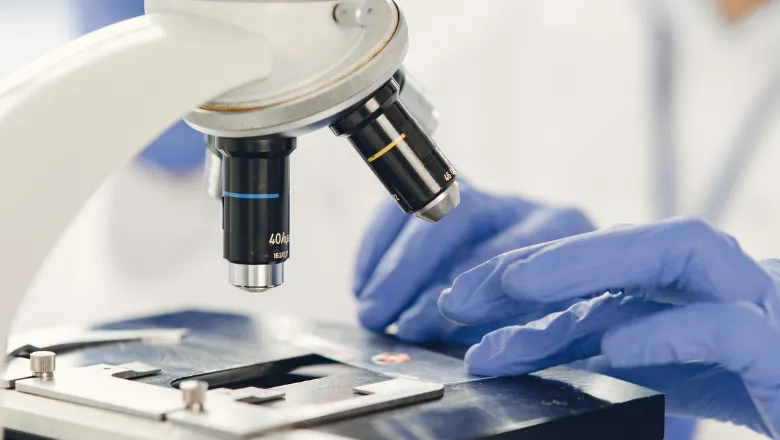
Breakthrough discovery sheds light on heart and muscle health
An international team, led by the Max Planck Institute in Dortmund in collaboration with King's College London, have shot the first true-to-life 3D image of...
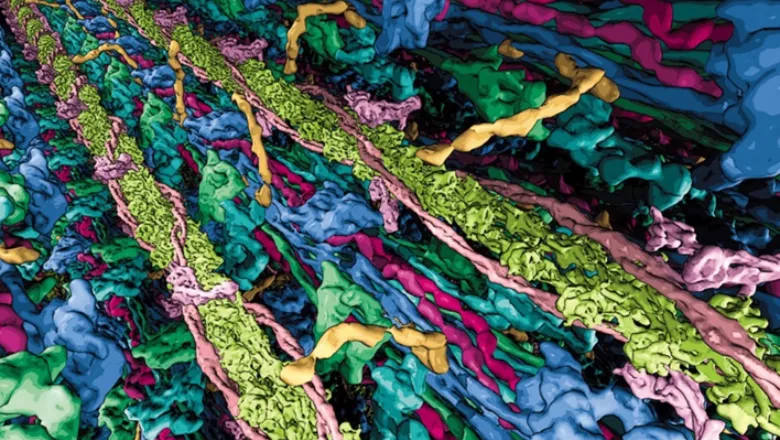
New microscope allows researchers to study molecules at the level of individual atoms
King’s has been awarded £1 million to purchase the next-generation cryo-electron microscope, which promises to enhance research across the University
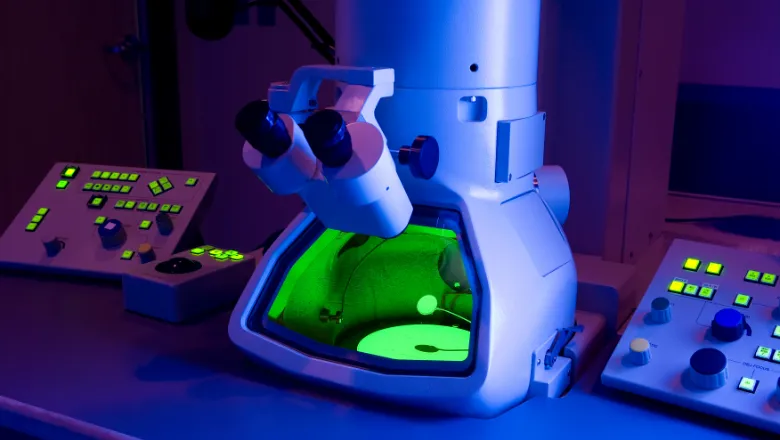
Scientists obtain first high-resolution 3D image of muscle protein
Researchers from King’s and the Max Planck Institute visualise the structure of the muscle protein nebulin using electron cryo-tomography
Researchers use cryo-electron tomography to reveal novel molecular details of muscle sarcomeres
A group of researchers succeed in producing the first ever high resolution image of the sarcomere.
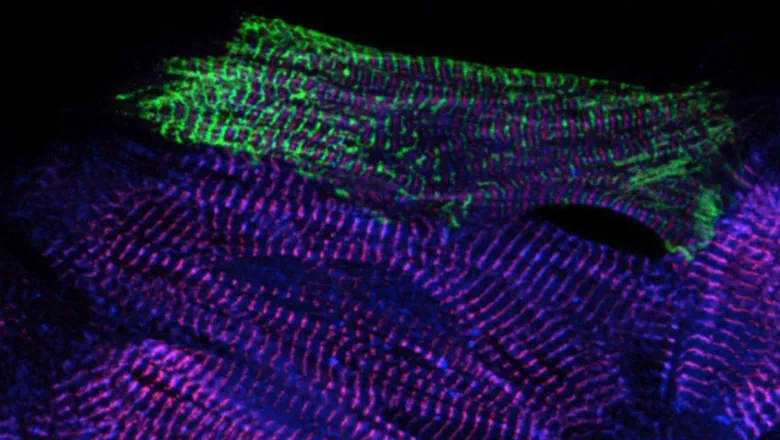
Team awarded millions to study muscle diseases and age-related muscle wasting
Researchers from King’s, in partnership with the Max Planck Institutes in Dortmund and Göttingen and the CNRS Institute of Developmental Biology, University...
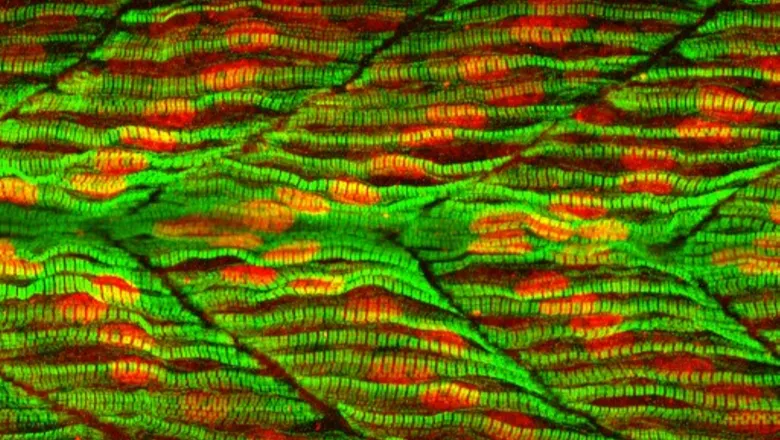
Research

Gautel Group
The Gautel group aims to elucidate the mechanisms that organise sarcomeres, the smallest contractile unit of striated muscle.

King’s MechanoBiology Centre (KMBC)
The King’s MechanoBiology Centre gives a common platform for researchers across different disciplines with complementary interests in mechanobiology

The Rosalind Franklin Institute
The Rosalind Franklin Institute (RFI) in Harwell, is a national Institute formed in partnership with King’s and other leading universities and funded by UKRI
News
Disrupted recycling of proteins found to damage heart health
A new study has identified an enzyme that plays an important role in breaking down unneeded or damaged proteins in the heart – an important process for...

Breakthrough discovery sheds light on heart and muscle health
An international team, led by the Max Planck Institute in Dortmund in collaboration with King's College London, have shot the first true-to-life 3D image of...

New microscope allows researchers to study molecules at the level of individual atoms
King’s has been awarded £1 million to purchase the next-generation cryo-electron microscope, which promises to enhance research across the University

Scientists obtain first high-resolution 3D image of muscle protein
Researchers from King’s and the Max Planck Institute visualise the structure of the muscle protein nebulin using electron cryo-tomography
Researchers use cryo-electron tomography to reveal novel molecular details of muscle sarcomeres
A group of researchers succeed in producing the first ever high resolution image of the sarcomere.

Team awarded millions to study muscle diseases and age-related muscle wasting
Researchers from King’s, in partnership with the Max Planck Institutes in Dortmund and Göttingen and the CNRS Institute of Developmental Biology, University...

